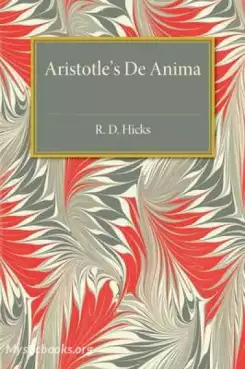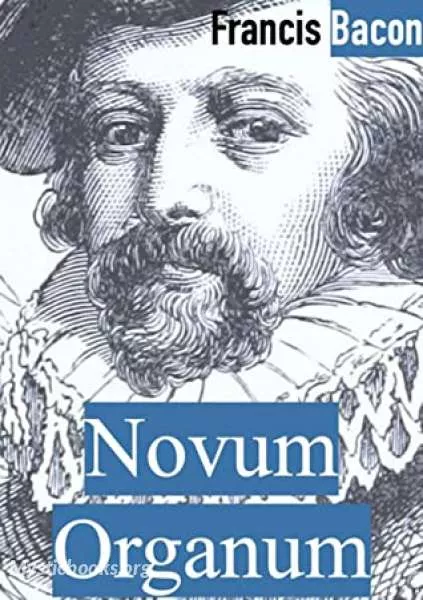
Novum Organum
'Novum Organum' Summary
For Bacon, finding the essence of a thing was a simple process of reduction, and the use of inductive reasoning. In finding the cause of a 'phenomenal nature' such as heat, one must list all of the situations where heat is found. Then another list should be drawn up, listing situations that are similar to those of the first list except for the lack of heat. A third table lists situations where heat can vary. The 'form nature', or cause, of heat must be that which is common to all instances in the first table, is lacking from all instances of the second table and varies by degree in instances of the third table.
The title page of Novum Organum depicts a galleon passing between the mythical Pillars of Hercules that stand either side of the Strait of Gibraltar, marking the exit from the well-charted waters of the Mediterranean into the Atlantic Ocean. The Pillars, as the boundary of the Mediterranean, have been smashed through by Iberian sailors, opening a new world for exploration. Bacon hopes that empirical investigation will, similarly, smash the old scientific ideas and lead to greater understanding of the world and heavens. This title page was liberally copied from Andrés García de Céspedes's Regimiento de Navegación, published in 1606.
The Latin tag across the bottom – Multi pertransibunt & augebitur scientia – is taken from the Old Testament (Daniel 12:4). It means: "Many will travel and knowledge will be increased".
Book Details
Language
EnglishOriginal Language
LatinPublished In
1620Authors
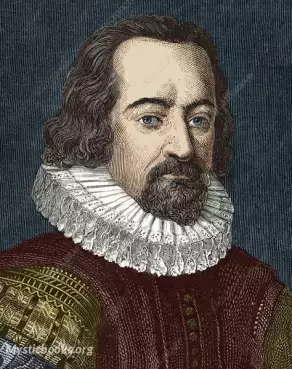
Francis Bacon
England
Francis Bacon, 1st Viscount St Alban, also known as Lord Verulam, was an English philosopher and statesman who served as Attorney General and as Lord Chancellor of England. His works are seen as devel...
Books by Francis BaconDownload eBooks
Listen/Download Audiobook
- Select Speed
Related books
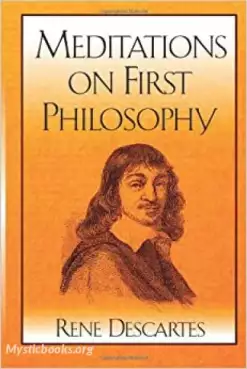
Meditations on First Philosophy by René Descartes
Meditations on First Philosophy, in which the existence of God and the immortality of the soul are demonstrated is a philosophical treatise by René De...

The Logic of Hegel by Georg Wilhelm Friedrich Hegel
In "The Logic of Hegel" by the renowned philosopher Georg Wilhelm Friedrich Hegel, embark on a profound intellectual journey through the intricate lab...
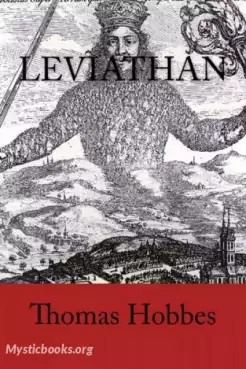
Leviathan, or The Matter, Forme and Power of a Common Wealth Ecclesiasticall and Civil by Thomas Hobbes
Leviathan or The Matter, Forme and Power of a Commonwealth Ecclesiasticall and Civil, commonly referred to as Leviathan, is a book written by Thomas H...

The Kama Sutra by Mallanaga Vatsyayana
The Kama Sutra is an ancient Indian Sanskrit text on sexuality, eroticism and emotional fulfilment in life. Attributed to Vātsyāyana, the Kama Sutra...
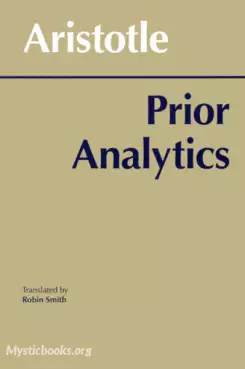
Prior Analytics by Aristotle
The Prior Analytics is a work by Aristotle on deductive reasoning, known as his syllogistic, composed around 350 BCE. Being one of the six extant Aris...
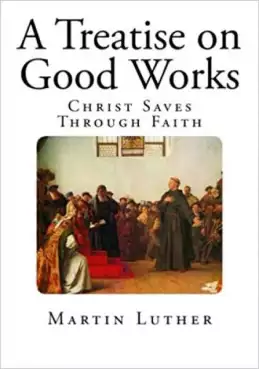
A Treatise on Good Works by Martin Luther
In this exposition of the Ten Commandments, Martin Luther attempts to build a bridge between justification by faith and the life of the Christian mani...
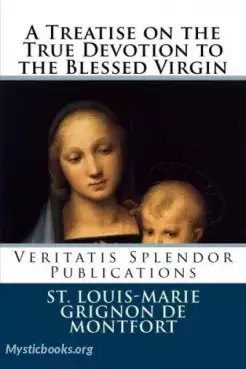
A Treatise on the True Devotion to the Blessed Virgin by St. Louis de Montfort
True Devotion to Mary is a treatise of what it means to have devotion to Our Lady. Montfort goes through the various aspects of this devotion explaini...
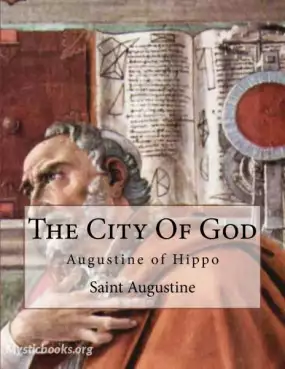
The City of God, Volume 2 by Saint Augustine of Hippo
On the city of God against the pagans, often called The City of God, is a book of Christian philosophy written in Latin by Augustine of Hippo in the e...
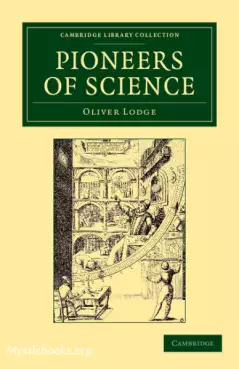
Pioneers of Science by Oliver Lodge
This book takes its origin in a course of lectures on the history and progress of Astronomy arranged for Sir Oliver Lodge in the year 1887. The first...
Reviews for Novum Organum
No reviews posted or approved, yet...
